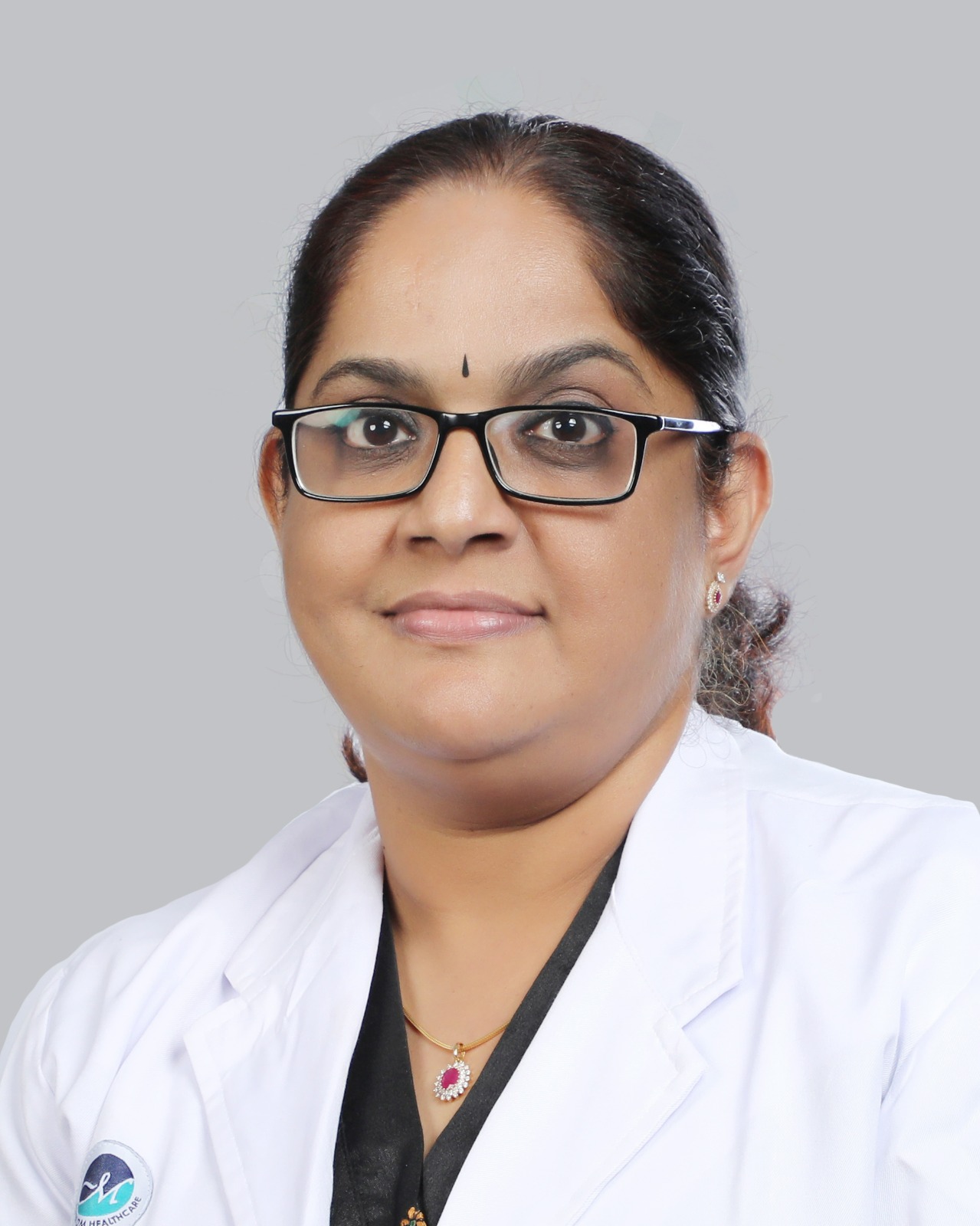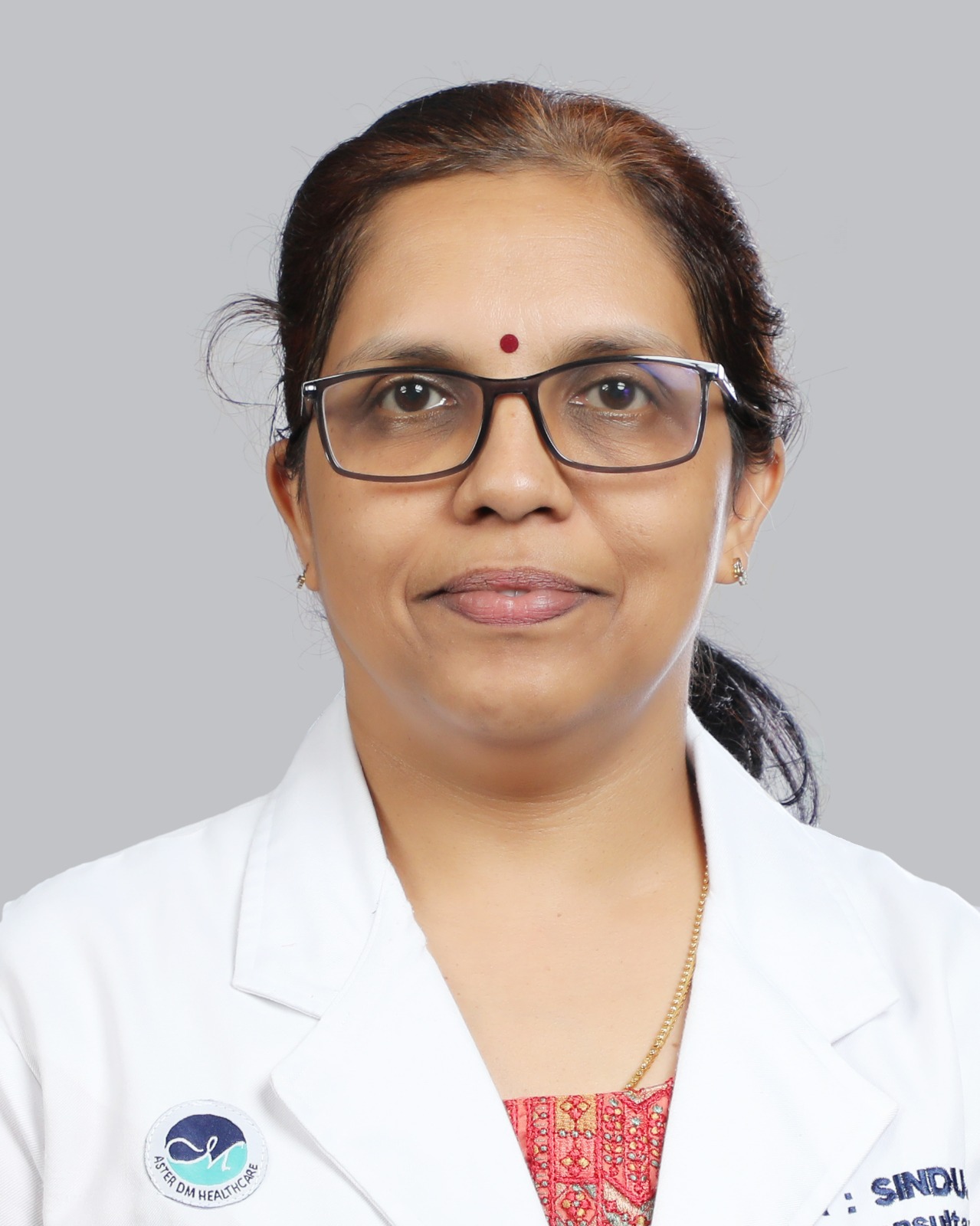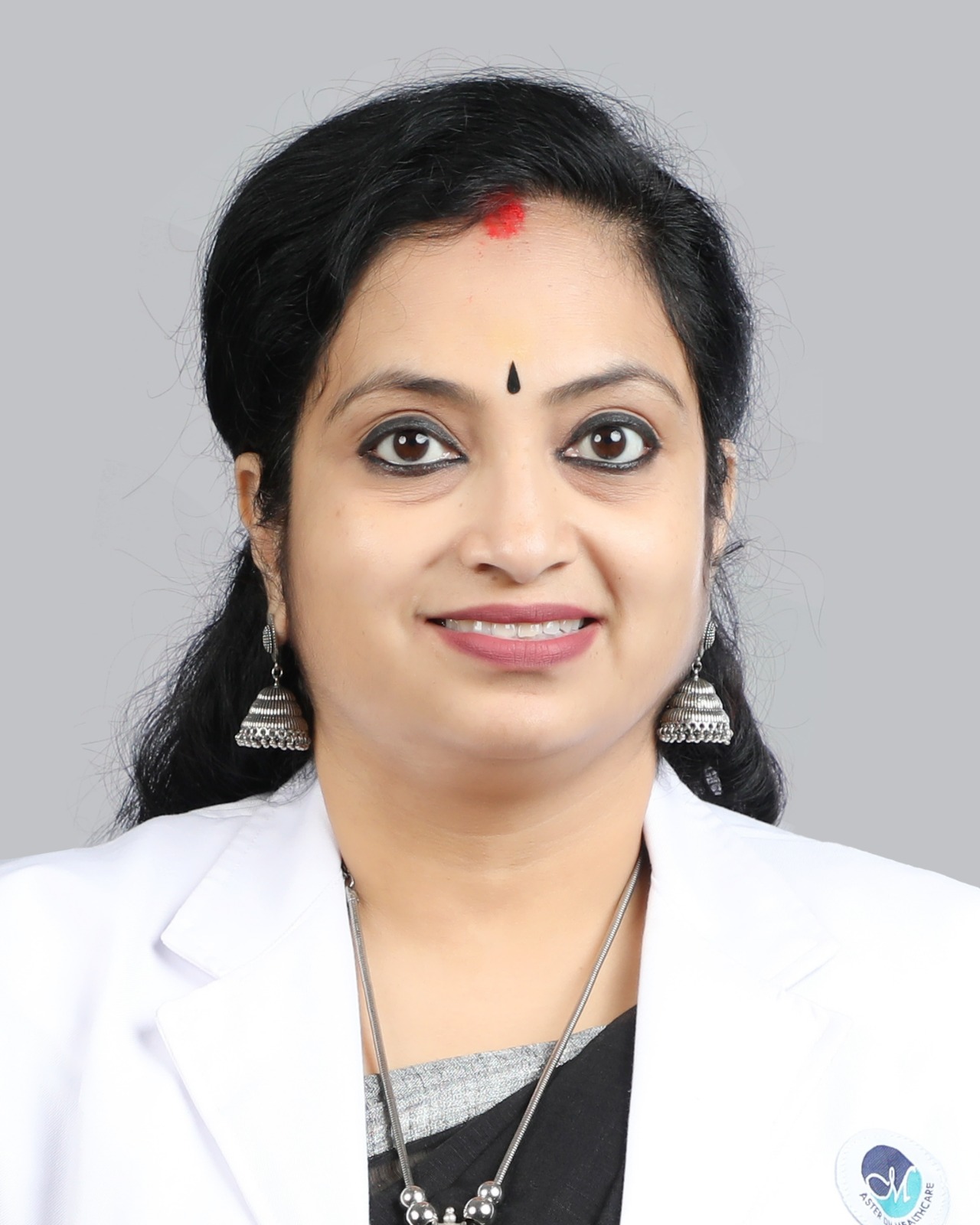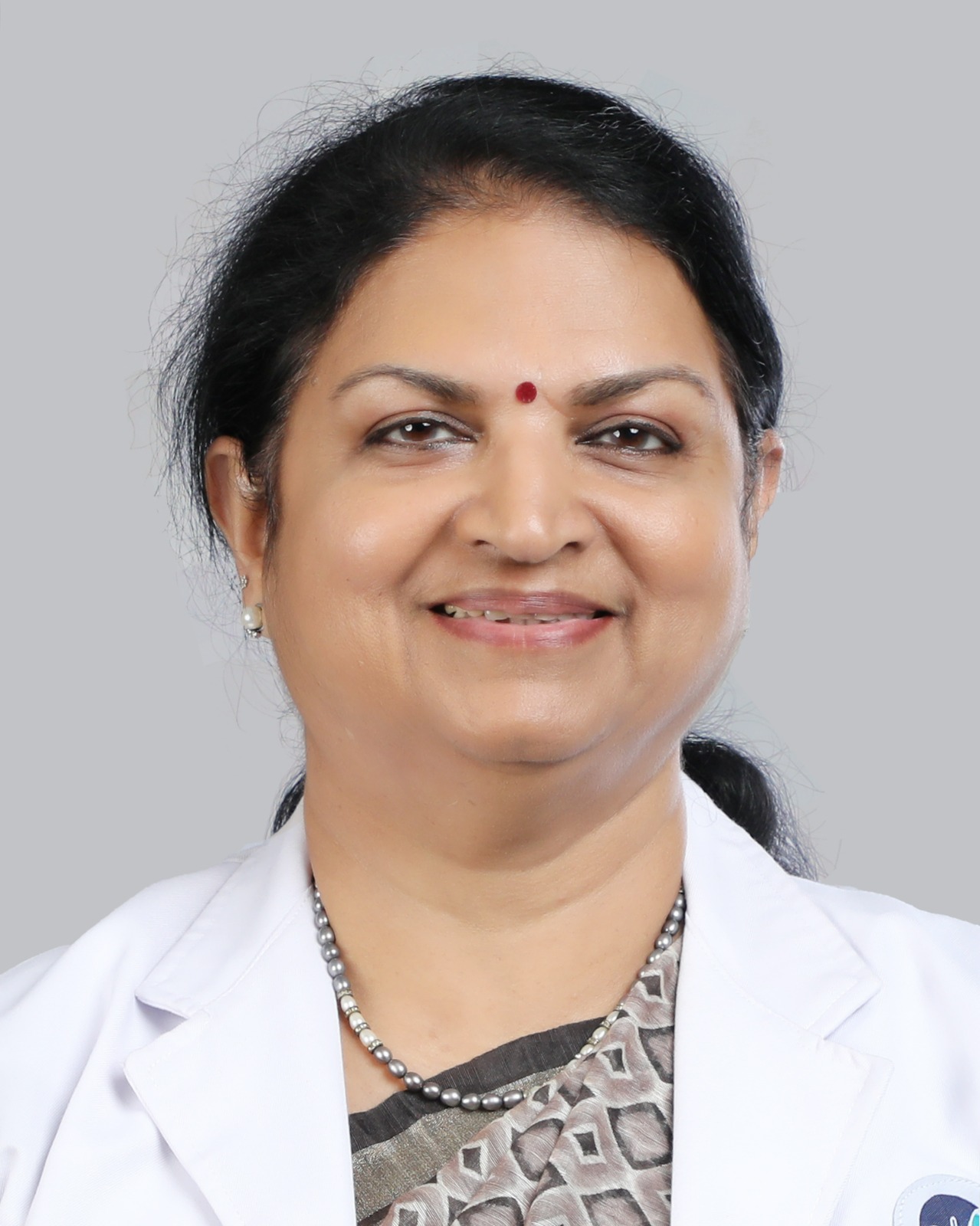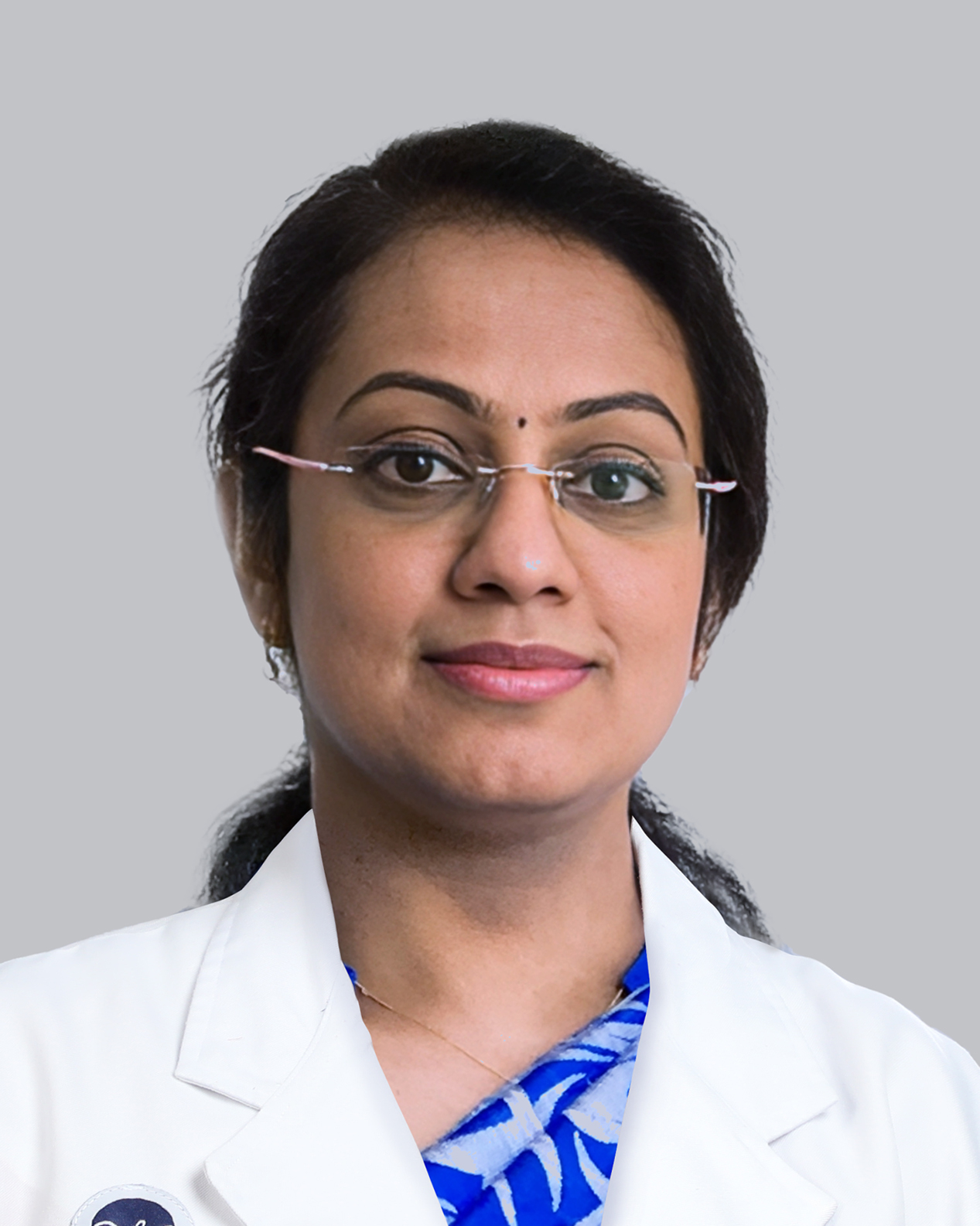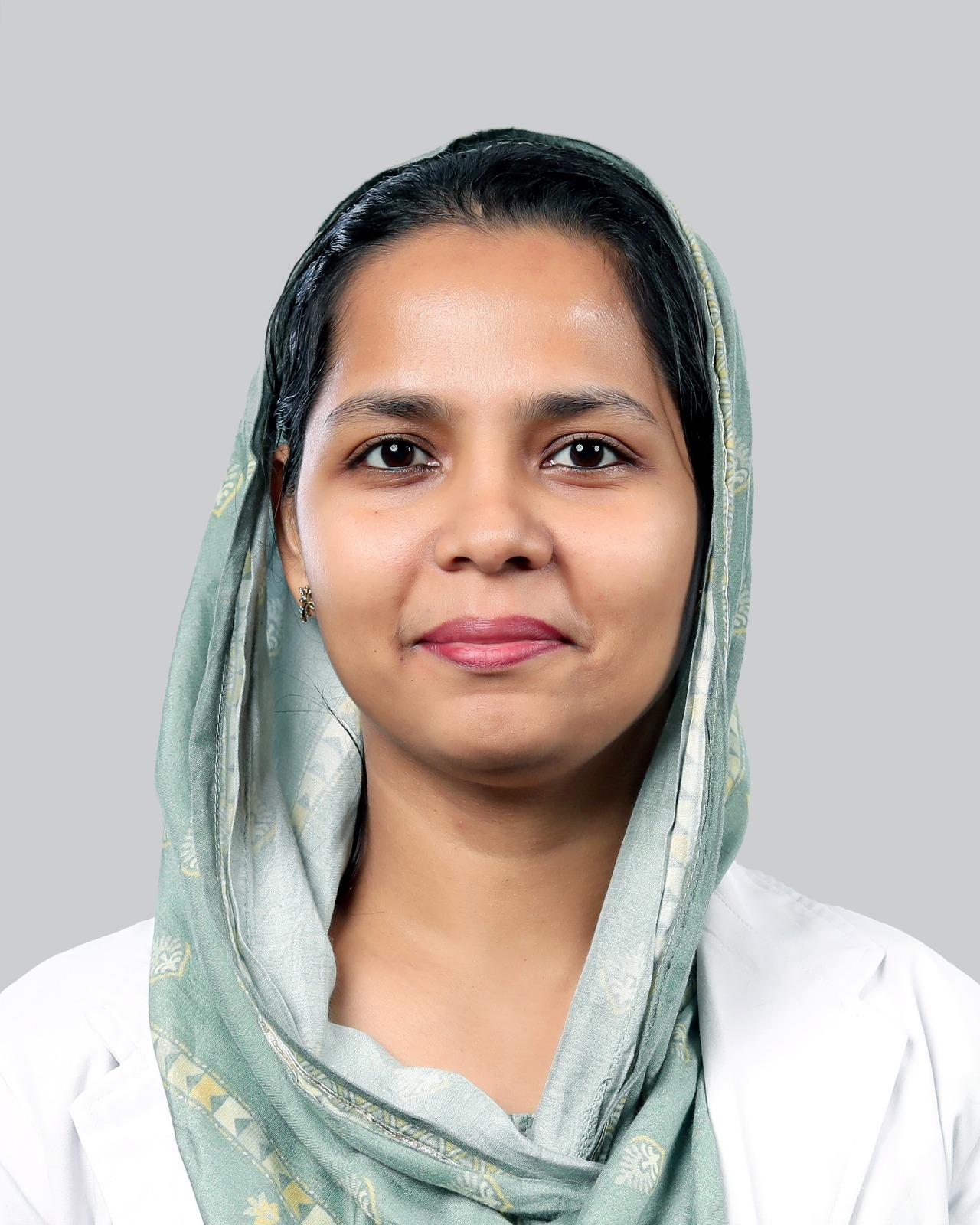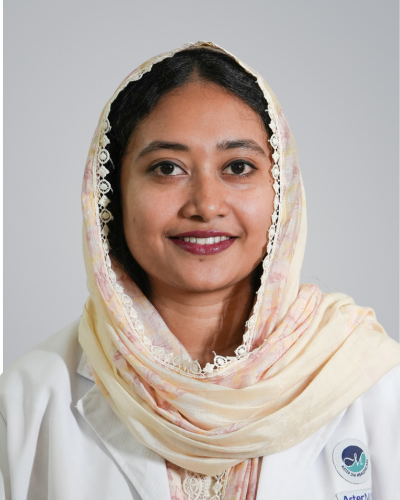The department of Obstetrics and Gynaecology at Aster MIMS deals with pregnancy, childbirth and treatment of diseases that affects the female reproductive system.
The division ensures quality care for women with gynaecological malignancies, genetic consultations, infectious diseases and other problems related to women’s health.
Obstetrics is mainly concerned with prenatal services and delivery whereas gynaecology provides treatments and services for a comprehensive range of gynaecological problems.
Advanced Technology & Facilities
Well equipped with the latest medical equipment, modern technology & infrastructure, Aster Hospital is one of the best hospitals in India.
Continuous Electronic Foetal Monitoring in Labour
Amniocentesis Chorion villous sampling Cord blood sampling Foetal urine sampling Amnioinfusion Amnioreduction Selective foetal reduction
3D Mammogram now at Aster MIMS, Calicut
Advantages
- Helps to find invasive cancers earlier and Reduce unnecessary recalls
- More accuracy and also clinically efficient
FAQs
Want to find out more about the treatment? The answer to your questions can be found below.
Are Obstetricians and Gynaecologists same?
No
What conditions do Obstetrics and Gynaecologists treat?
Obstetricians manage:
- Pregnancy and prenatal care
- Labor and childbirth
- Postpartum care
- High-risk pregnancies
- Miscarriages
Gynecologists treat:
- Menstrual problems (e.g., heavy periods, pain)
- Reproductive health issues (e.g., endometriosis, fibroids)
- Fertility problems, Menopause management,
- Sexually transmitted infections (STIs),
- Gynecologic cancers (e.g., ovarian, cervical, uterine).
What are the early signs of Pregnancy?
Common early signs of pregnancy include:
- Missed period
- Nausea or morning sickness.
- Fatigue.
- Tender or swollen breasts.
- Increased urinationLight spotting (implantation bleeding)
- Food cravings or aversions.
- Mood swings.
What are Obstetrics and Gynaecology?
Obstetrics: The branch of medicine that deals with pregnancy, childbirth, and the care of women during and after childbirth.
Gynecology: The branch of medicine that focuses on the health of the female reproductive system, including the diagnosis and treatment of disorders and diseases related to the uterus, ovaries, fallopian tubes, and breasts.
What is pre natal care visit?
A prenatal care visit is a medical appointment for pregnant women to monitor the health of both the mother and the developing baby. It includes physical exams, lab tests, ultrasounds, and discussions about health, nutrition, exercise, and any potential complications.
What are the precautions of 1st Trimesterpregnancy?
Precautions during the first trimester include:
- Avoiding harmful substances (e.g., alcohol, smoking, certain medications).
- Eating a balanced diet with sufficient folic acid, iron, and calcium.
- Maintaining regular prenatal visits.
Patient Stories
Our patients are our best advocates, hear the inspiring stories of their treatment journey
Blogs
The source of trustworthy health and medical information. Through this section, we provide research-based health information, and all that is happening in Aster Hospital.



